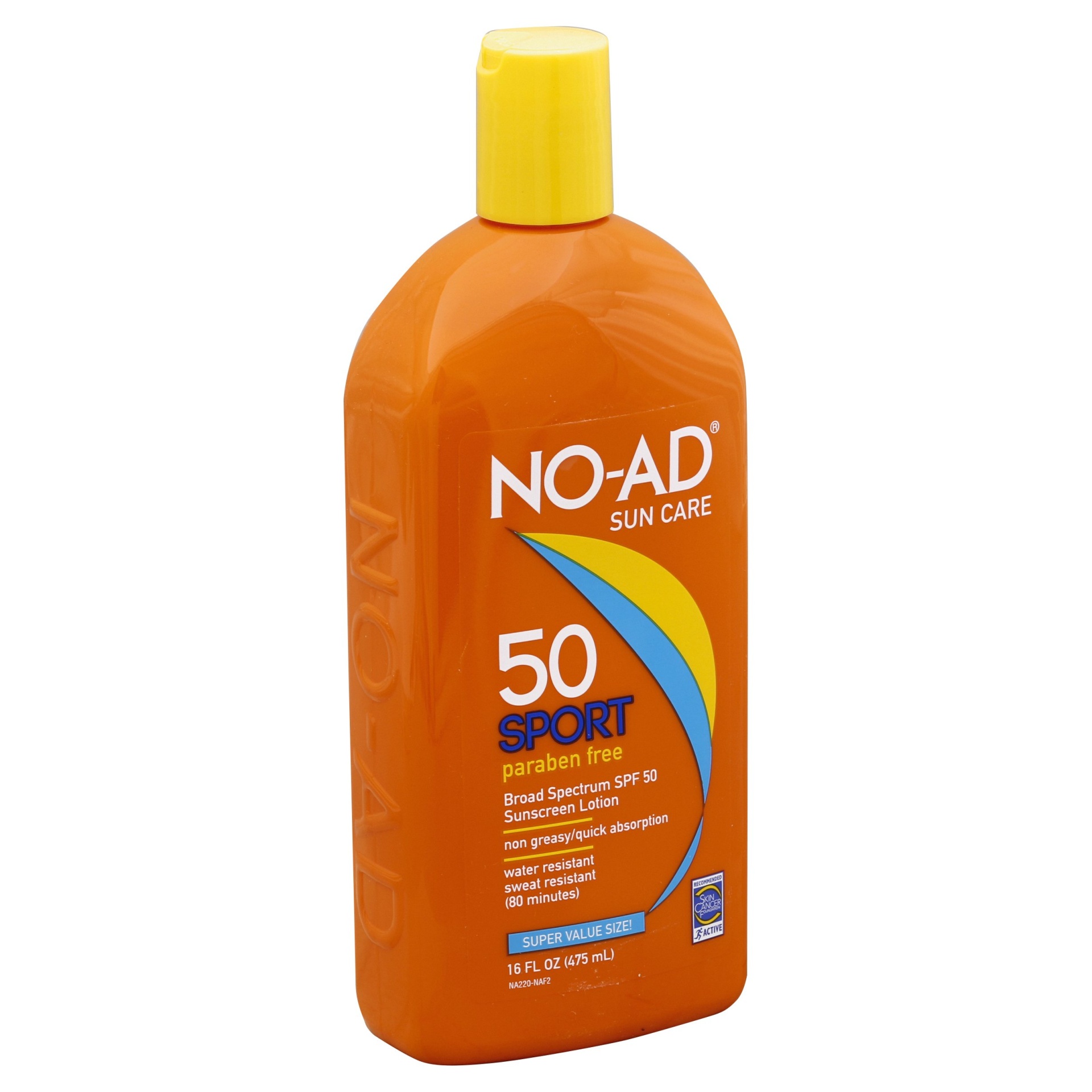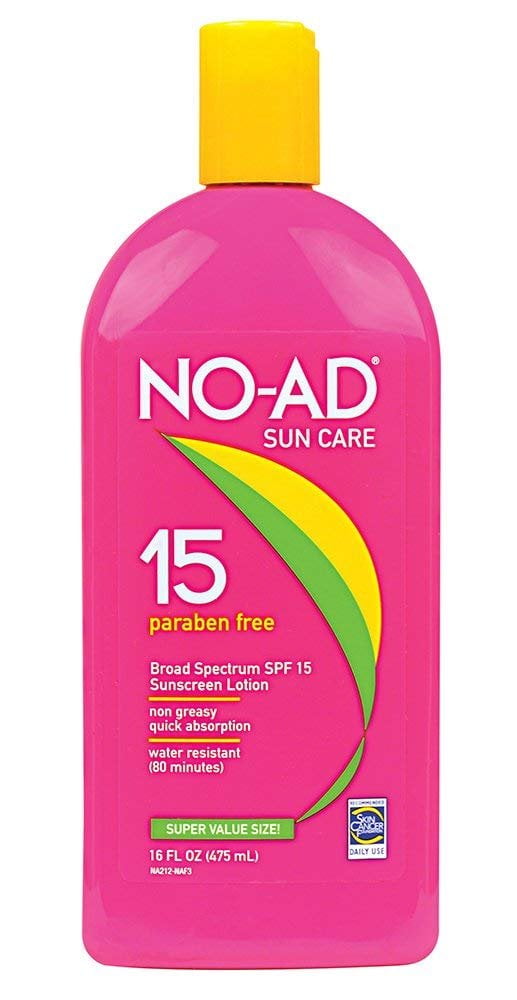

Much of the research on the health effects of benzene exposure has occurred in occupational groups, including workers in manufacturing, those involved in the transport and dispensing of gasoline and crude oil products, and workers exposed to vehicle exhaust such as drivers and maintenance workers. It can cause acute myeloid leukaemia and acute non-lymphocytic leukaemia, and has also been associated with acute lymphocytic leukaemia, chronic lymphocytic leukaemia, multiple myeloma, and non-Hodgkin lymphoma. What are the health effects of benzene exposure?īenzene is a known human carcinogen. Along with polycyclic aromatic compounds, benzene can be produced by the incomplete combustion of organic materials, and can be found in trace amounts in in wood fire smoke, gas furnace emissions, and cigarette smoke. Benzene is a natural component of crude oil, and is therefore found in gasoline and diesel engine exhaust. Historically, benzene has also been used as an industrial solvent, although its use in this application has been declining. The primary use of benzene is as a starter material to make a wide range of other chemicals and materials, including those used in plastics, resins, nylon and synthetic fibers, lubricants, rubbers, dyes, detergents, drugs, and pesticides. What is benzene?īenzene is an organic chemical compound that is a colourless, flammable liquid at room temperature. This blog will describe the health effects of benzene exposure, discuss the current findings of benzene contamination in sunscreen products, and present opportunities for public health messaging around sunscreen use in the context of the potential risk of benzene exposure. The results of this analysis had significant media uptake, leading to concern and misunderstanding among members of the public. Recently, independent laboratory testing of some sunscreen products identified the presence of benzene, a human carcinogen. Sunscreen, in conjunction with other sun safety practices, provides a significant public health benefit. Sunscreen is particularly beneficial when other methods of sun protection, such as clothing or shade, are not practicable, such as during outdoor recreation or outdoor work.
#NO AD SUNSCREEN BENZENE SKIN#
Sunscreen is an effective method of protection against skin damage from solar radiation and has been shown to reduce the development of skin cancer.

Skin cancer is also a growing concern in the face of climate change, which is believed to be contributing to increased incidence of skin cancers around the world due to ozone depletion and increased global temperatures. It can also be deadly if not detected early, especially in the case of melanoma, which causes over 900 deaths in Canada each year. Skin cancer is the most common type of cancer in Canada, with over 80,000 Canadians diagnosed each year. Approximately 80-90% of skin cancers are believed to be attributable to skin damage from solar radiation. Unprotected exposure to solar radiation is a major cause of skin cancer.


 0 kommentar(er)
0 kommentar(er)
